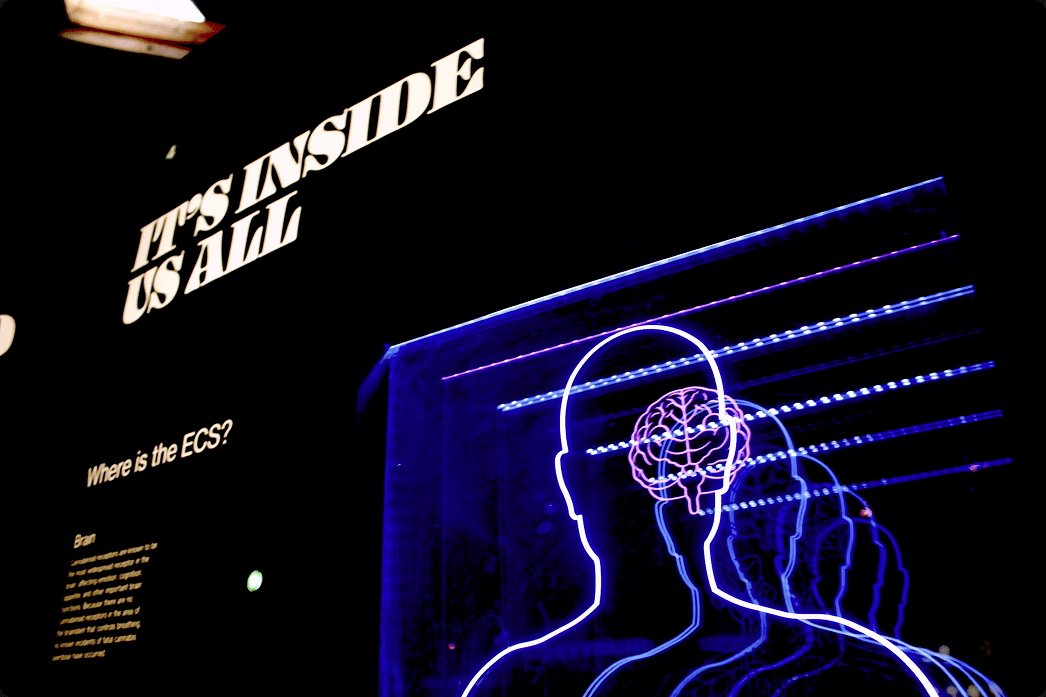January 21, 2025 · Chris Fankson
How Online Gambling Addiction Affects Your Brain: Behind the SCENES

-
Introduction
The Rise of Online Gambling
Online gambling has grown into a multibillion-dollar industry that operates 24/7, accessible from anywhere with a phone or laptop. Unlike traditional casinos, there’s no dress code, no closing hours, and no judgment. It’s designed for convenience, but that convenience comes at a cost. Many users don’t realize they’re slipping into a harmful pattern until it’s already well-established.
Why the Brain Matters
When it comes to addiction, people often talk about willpower or self-control — but neuroscience tells a deeper story. Gambling doesn’t just affect your habits; it affects your brain’s wiring. The longer you stay in the loop, the harder it becomes to break free, not because you’re weak, but because your brain has learned to rely on the intense stimulation that gambling provides.
-
The Dopamine Loop
What Is Dopamine?
Dopamine is a chemical messenger in the brain, often called the "feel-good" neurotransmitter. It plays a key role in how we experience pleasure and learn from rewards. When you gamble — especially when you win — your brain releases a flood of dopamine, creating a sense of excitement and anticipation that quickly becomes addictive.
The Cycle of Craving
The most dangerous aspect of gambling is not the wins — it's the unpredictability. The uncertainty of when (or if) a win will happen creates a powerful reward loop. Even near-misses can trigger dopamine release. Over time, your brain learns to crave that rush, pushing you to chase the next high, even in the face of mounting losses.
-
How Online Casinos Are Designed to Hook You
Psychological Tricks
Online gambling platforms use highly refined behavioral techniques to increase engagement. Things like flashing animations, celebratory sounds, countdown timers, and bonus popups are all designed to trick your brain into thinking you’re constantly “almost winning.” These cues manipulate your emotions, making it harder to stop even when you consciously know you should.
Fast, Frictionless Gameplay
There’s no waiting in line, no exchanging of chips, no dealing with physical money. Transactions are instant, spins are rapid, and you can place bets within seconds. This lack of friction removes natural “stopping points” that would exist in a physical casino, and it allows addiction to escalate rapidly and silently.
-
Long-Term Effects on the Brain
Reduced Impulse Control
Over time, the brain starts adapting to the constant flood of stimulation. The part of the brain responsible for regulating impulses and making rational decisions — the prefrontal cortex — becomes less effective. You may find yourself gambling without thinking, taking risks you never would’ve considered before, and feeling unable to stop even when you desperately want to.
Emotional Numbness
With repeated exposure to high dopamine stimulation, your brain can become desensitized. Activities that used to bring you joy — spending time with friends, hobbies, work — may begin to feel flat or meaningless. You might feel emotionally numb or empty when you’re not gambling, which pushes you right back into the cycle just to feel something.
-
Why Understanding This Changes Everything
It’s Not Just “Bad Choices”
When you understand how deeply gambling affects the brain, it becomes clear that this isn’t about weakness or lack of discipline. It's about neurobiology. Your brain has adapted to seek out the stimulation gambling provides, and breaking that loop is a complex process — one that requires more than just trying harder.
Recovery Is Possible
The good news is that the brain is capable of change. Through a combination of therapy, support, and self-awareness, it’s possible to retrain your brain and restore balance. The first step is understanding what’s really going on — and realizing that help isn’t just available, it’s necessary.
Articles
-
January 21, 2025 · Chris Fankson
How Online Gambling Addiction Affects Your Brain: Behind the SCENES
Online gambling has grown into a multibillion-dollar industry that operates 24/7, accessible from anywhere with a phone or laptop. Unlike traditional casinos, there’s no dress code, no closing hours, and no judgment. It’s designed for convenience, but that convenience comes at a cost. Many users don’t realize they’re slipping into a harmful pattern until it’s already well-established.

-

January 30, 2025 · Jamie Forsk
Breaking the Cycle: How Support Groups Help in Overcoming Addiction
Addiction thrives in isolation. When struggling with gambling, many people retreat inward, hiding their problem out of shame or fear of judgment. But recovery is not meant to be a solo journey. One of the most powerful tools in overcoming addiction is finding a community that understands your experience.
-
March 18, 2025 · Kate Banely
Responsible Gambling: What It Means and Why It Matters
Responsible gambling refers to engaging in gambling activities in a way that remains safe, controlled, and enjoyable. It involves setting personal limits, being aware of the risks, and taking steps to ensure that gambling doesn’t interfere with your life. It’s a mindset that encourages balance and moderation.
